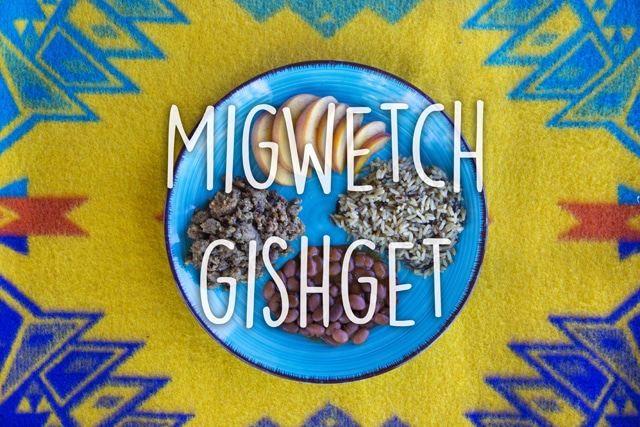
As we move into fall, the language department has been busy. We have already released our Beginner I self-paced language course. To access the course go to http://language.potawatomi.org.
Once you sign up, you have to wait for us to confirm you. By the time this edition of the Hownikan comes out we will have released our second version Beginner II. We will be working concurrently on an Intermediate Course and
Kid’s Course which we hope to make available in the next couple of months, the latter of which will be available first.
We have a number of individuals working hard in the language department to make this possible. Ted Isham is doing the background work and getting the Moodle website ready along with giving his own perspective on teaching from his years of working with the Creek language. Michael Kelehar is our videographer and is working hard to help us create innovative and exciting videos to make learning the language more engaging. Enedina Banks is
helping to fine tune our glossary and games section as well as proofing our power points. We hope the additional games will make the language learning experience more fun. Ivan Ozbolt is helping construct our quizzes and tests as well as assisting Ted with the conversion of some of our video formats. Without the hard work of all these diligent and dedicated employees we would not be able to make these self-paced classes available.
Please take an opportunity to try out our online self-paced classes. They are available free of charge and can be accessed from your home computer or from your phone. There is no start and finish time. They are truly at your own pace. We have lots of fun culture teachings mixed into the language learning. The more you learn our language the deeper sense you will gain of what it means to be Potawatomi.
Our unique stories, blood, history, art, food, dance, songs and ceremonies make us Potawatomi, but our language is the thread which ties it all together. As you embark in an effort to learn your language, you will gain a deeper sense of what was and is important to our Potawatomi people.
In addition to our online classes, we are continue our in-person teaching with our elders on Wednesdays and students at the CPN Child Development Center every Tuesday and Thursday. Each week on the CPN Facebook Page, Citizen Potawatomi Nation, and Twitter account, @C_P_N, we share a ‘word of the week.’ So you can learn at home in time for the fall feasting season, here are a few Potawatomi words and phrases to practice at home.
Migwetch.
Dgwaget kedwnen – Fall words
Dgwaget – It’s fall (Dugwahget)
Datbek – Leaf (Daht buck)
Datbekwen– Leaves (Daht buck win)
Bnakwi – Leaves falling (Buh nak wee)
Watebgya– Leaves are changing color (Wah tub gyah)
Wabgon – Pumpkin (Wahb gone)
Mawdoshkegen – Rake (Mow doesh kay gihn)
Mtegmen – Acorn (Mtugmen)
Sengo – Squirrel (Singoe)
Sengoyek – Squirrels (Singoe yuck)
Waboyan – Blanket (Wah bow yan)
Tkeyamget – It’s cool (Tkay yam get)
Zet pkwakwet – Football (Zit pkwah quit)
Mseze – Turkey (Muh suh say)
Mishkon – Hay (Meesh kone)
Ziwabo – Cider (Zee wah bow)
Seksi – Deer
Seksik – Deer
Giwse – He/She hunts
Seksi giwsewen – Deer hunting ( i.e. Deer hunting season)
Migwetch gishget – Thanksgiving (Thanks Day)
Wabgon Pie – Pumpkin pie (*There is no word for pie that isn’t descriptive of each type)
Mshimen Pie – Apple pie
Short prayer for Thanksgiving
Nwi-madmo (I am going to pray)
Mamogosnan Migwetch ode wisnewen (Thank you God for this food)
Migwetch jayek emawjeshnok ngom (Thank you for everyone gathered here today)
Nishokmeshnak mno bmadzeyak (Help us to live a good life)
Migwetch jak she gego ga gishtot mine mno gishget (Thank you for everything you have created and this nice day.)
Iw (Amen)
